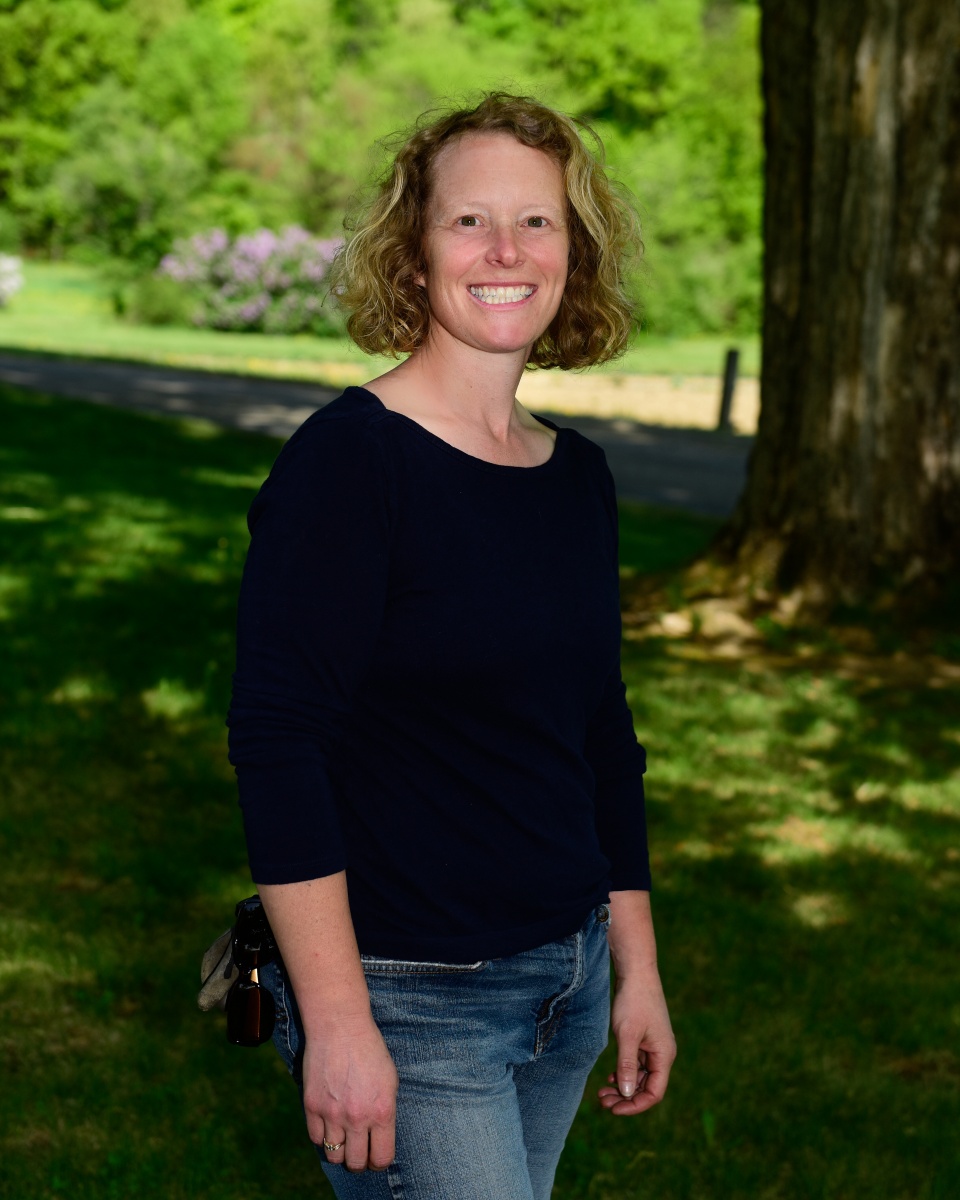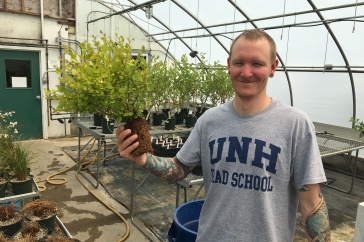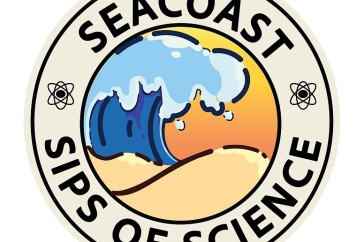In an Australian desert, tomato plants are flourishing.
A recent feature in New Scientist details this first-in-the-world agricultural system: In a desert in the south of Australia, a “futuristic-looking greenhouse” is yielding 15,000 tons of tomatoes per year using sunlight and seawater.
“Seawater is piped 5.5 kilometres from the Spencer Gulf to Sundrop Farm — the 20-hectare site in the arid Port Augusta region. A solar-powered desalination plant removes the salt, creating enough fresh water to irrigate 180,000 tomato plants inside the greenhouse,” the report states, noting, “Scorching summer temperatures and dry conditions make the region unsuitable for conventional farming, but the greenhouse is lined with seawater-soaked cardboard to keep the plants cool enough to stay healthy. In winter, solar heating keeps the greenhouse warm.”

UNH’s Becky Sideman, sustainable horticulture specialist with Cooperative Extension, researcher with the NH Agricultural Experiment Station and professor of sustainable agriculture and food systems in the department of biological sciences, weighs in on such innovations in food production.
“This is a neat project,” she tells UNH Today. “It is amazing what can be done with solar energy and advanced engineering.”
Prior to her arrival at UNH in 2004, Sideman worked as a plant geneticist and lettuce breeder with the USDA Agricultural Research Service in California.
Sundrop Farm, New Scientist reports, “uses no soil, pesticides, fossil fuels or groundwater. As the demand for fresh water and energy continues to rise, this might be the face of farming in the future.”
Sideman is interested in this move to farming without fresh water.
“Quite a bit of agricultural production already takes place in deserts worldwide because of abundant sunshine and low humidity, but I’m particularly intrigued by the desalination in this case,” she says. “I imagine that accessibility of fresh water will be a limiting factor for agriculture in the future, and perhaps the implementation of projects like this will help to bring down the costs of desalination.”
The report states that in addition to fresh water, no pesticides or soil are used in the process and notes Sundrop is planning to expand its sustainable greenhouses to Portugal and the U.S.
Sideman points out there are questions still to be answered.
“The article mentions that this system uses no fossil fuels, but I wonder about the source of fertilizers that the crops need, as well as transportation of the product to market,” she says. “I suspect that the costs of infrastructure are high enough to prevent widespread adoption of these techniques in the near future, especially when we can grow crops in a much less energy-intense manner. Still, I will be interested to follow the project as it expands.”
-
Written By:
Jennifer Saunders | Communications and Public Affairs | jennifer.saunders@unh.edu | 603-862-3585



















































